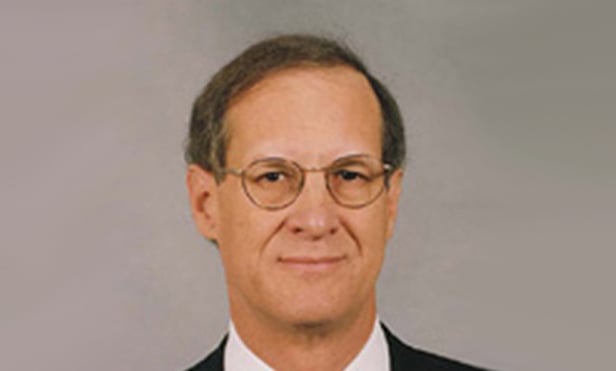
The administration has changed the entire course of the economic growth of the country. It is already very clear from the comments made by the IMF and virtually every CEO at Davos, that Trump is correct, the US is now open for business. The reduction in regulations is as important as the tax reform and the pro business approach vs that of the Obama administration, has made it clear that growing the economy is the top priority.
The IMF raised their forecast of not just US GDP, but that of the whole world. Many major companies said they will be shifting investment plans from Europe top the US. And that is tens of billions which will ultimately be hundreds of billions. That becomes more than that, as each dollar invested goes to wages, and suppliers who pay wages.
The economy will get a major boost in cap ex, and that means more factories, warehouses, and new homes as wags rise and more people save and can afford to buy. It becomes the ultimate virtuous circle. The flip side to all this good news is it means wages rise and construction costs rise, making the economics of deals harder to justify. In addition, rates may be raised as many as four times this year by the Fed, ands that will be a real damper on cap rates and values at some point. In a historical context, rates will still be low, but the ten year could start to get close to 4% by late 2018 if things really heat up in overall economy.
It is hard to predict where inflation will be by year end. Online shopping and the ability by consumers t price shop everything online, even if they are not buying form Amazon or Wal Mart, makes it very hard for retailers and producers to raise prices, no matter what labor costs do. We now have a consumer market that is very different than anything in the past, so historical economic theory may not apply in the same way. We also have a massive coming explosion in AI-driven work which will allow far greater efficiency than was ever possible. Every major company is now tasked by their board to explore ways to use AI to improve profits and processes.
While few people at companies even understand AI, in time the experts will provide software to them to do the job. This will not eliminate jobs, but it will make each worker far more productive, and so the labor shortages we see now may not result in the large wage increases we once saw. There are also very few private sector workers represented by unions, so that pressure is gone.
Lastly, it is now very easy to use offshore staff to do many tasks that previously could not be done here, like running models, so the real workforce is now multiplied by tens of thousands or maybe millions. This takes enormous pressure off wages. Bottom line, inflation might not be the huge issue we would have normally anticipated. It will still rise, but possibly not by anywhere near what economic theory would suggest. Therefore maybe interest rates will not rise as much as is forecast be some.
For CRE, this may be the best of times. The dollar is low now, but is unlikely to remain low. Therefore, offshore investment will flow in as the US is perceived to be the place to be with the economy growing rapidly and energy prices well below Europe and many other markets. We could have 4% GDP growth this year by Q2. The incremental wealth created by the stock market of $7 trillion will partially flow into real estate as investors seek some diversity. Lenders are being freed up by deregulation and while they will still underwrite carefully, they will be able to do more loans.
Republicans will now retain control of the House and increase control of the Senate as the economy roars. “It's the economy stupid.” Trump will be vindicated when the “memo “ is released, and it becomes clear that the dossier was fake and was used by anti Trump people at the FBI and DOJ to try to derail his presidency. We are looking at Watergate II, just as the tax reform increases paychecks, and the stock market continues up.
It will be a good run for CRE
Want to continue reading?
Become a Free ALM Digital Reader.
Once you are an ALM Digital Member, you’ll receive:
- Breaking commercial real estate news and analysis, on-site and via our newsletters and custom alerts
- Educational webcasts, white papers, and ebooks from industry thought leaders
- Critical coverage of the property casualty insurance and financial advisory markets on our other ALM sites, PropertyCasualty360 and ThinkAdvisor
Already have an account? Sign In Now
*May exclude premium content© 2025 ALM Global, LLC, All Rights Reserved. Request academic re-use from www.copyright.com. All other uses, submit a request to [email protected]. For more information visit Asset & Logo Licensing.








